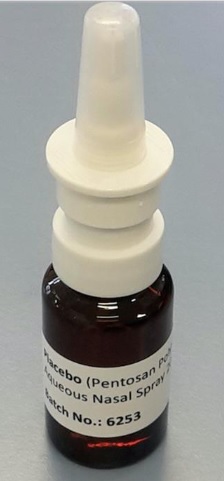Hayfever trial to commence this month

Paradigm Biopharma (ASX:PAR) has announced a series of updates surrounding its clinical trial program for hayfever, which will, for the first time, see pentosan polysulfate sodium (PPS) delivered intranasally in human volunteers. The intranasal product is the culmination of developmental work conducted in collaboration with the company’s European manufacturing partners — Bene pharmaChem, MoNo chem-pharm and Aptar Pharma.
In preparation for the phase I clinical trial, Paradigm undertook a bridging toxicology study at Charles River Laboratories, USA, which saw three doses of PPS solution given intranasally to rodents twice daily for 28 consecutive days. The draft toxicology report concludes PPS was safe and well tolerated, with a safety margin of up to 20 times the estimated dose that will be administered to humans. No adverse effects were seen at any dose in the study.
Paradigm has now received ethics approval for the double-blind, randomised, placebo-controlled trial, which has been successfully registered under the TGA’s Clinical Trial Notification (CTN) scheme and with the ANZCTR. Set to commence on 20 June, the trial will be conducted with two cohorts/dose levels, beginning with a single dose and followed by seven days at multiple doses. The last day of dosing will be on 20 July.
The company has additionally announced that recruitment for its phase 2 clinical trial investigating the use of PPS in treating bone marrow lesions arising from acute injury, such as ruptured anterior cruciate ligaments (ACLs), is ongoing. Interim analysis is planned for December 2016.
Paradigm Biopharma (ASX:PAR) shares were trading 6.25% higher at $0.34 as of around 11 am on Thursday.
Babies of stressed mothers likely to get their teeth earlier
Maternal stress during pregnancy can speed up the timing of teeth eruption, which may be an early...
Customised immune cells used to fight brain cancer
Researchers have developed CAR-T cells — ie, genetically modified immune cells manufactured...
Elevated blood protein levels predict mortality
Proteins that play key roles in the development of diseases such as cancer and inflammation may...





